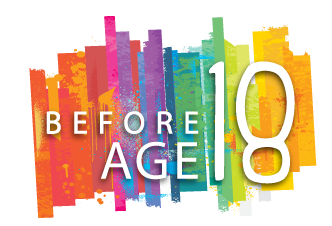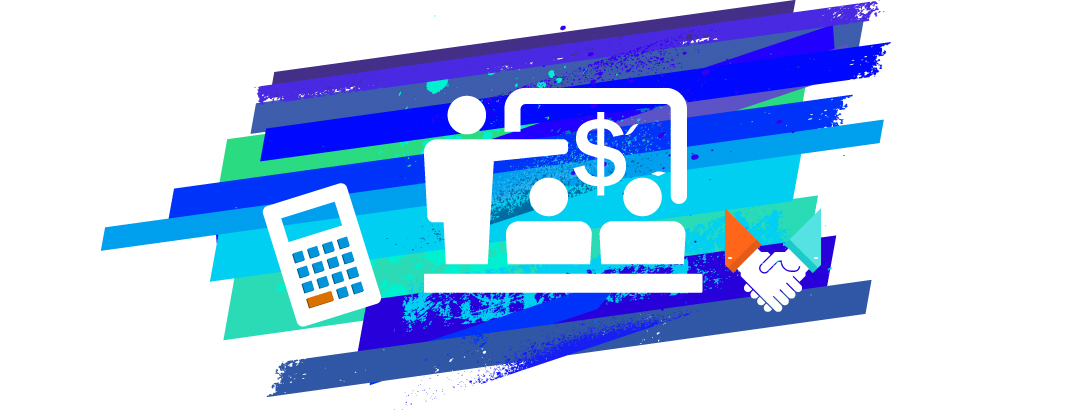Disability Benefits 101
What Do We Mean When We Talk about Disability Benefits?The term “cash benefits” often refers to benefits paid by Social Security. The two cash benefits youth receive from Social Security are:
- Supplemental Security Income (SSI)
- Title II benefits
1. Supplemental Security Income (SSI) Benefits
-
elderly, blind or have a disability and
-
who limited or no income.
SSI benefits provide cash to meet basic needs for food, clothing, and shelter. Eligibility is based on disability AND income and resources.
Youth vs. Adult SSI
For youth under age 18, the income and assets of a child and of the parent(s) they live with determine eligibility for SSI. Using the parents’ income and assets is called deeming.
Benefits before age 18 (all ages before age 18)
The income and assets the youth and of the parent(s) they live with determine eligibility for SSI. Using the parents’ income and assets is called deeming.
- Monthly wages and self-employment – more about work reporting.
- Changes to child support paid into or out of the home
- Income of all children in the home
- Changes of household size like marriage, new children, or when someone moves out.
- Address changes.
It’s always important to respond to requests from Social Security.
2. Title II Benefits
Before Age 18
The Title II benefits children may receive are called Auxiliary benefits. Auxiliary benefits are for children who have a parent who has died, retired, or has a disability benefit. The parent must be insured for Social Security based on their work history.
Children receive this benefit until the age of 18 unless they are still in high school. It is not based on disability. Even if the kid has a disability, this is not related to eligibility. There is an annual income test. It’s not likely the youth will earn enough to reach the income test. Thus, we do not see youth losing eligibility based on their own income.
18 and Older
- The benefit becomes a Childhood Disability Benefit (CDB) after age 18. To be eligible, a person must have a disability determination. The person must also have a parent who has died, retired, or has a disability benefit.
- At age 18, teens and adults can also become eligible for a Social Security Disability Insurance (SSDI) benefit if they have worked enough in the past.
-
navigating some of the decisions,
-
reviewing information received from Social Security, or
-
understanding how working impacts benefits,

